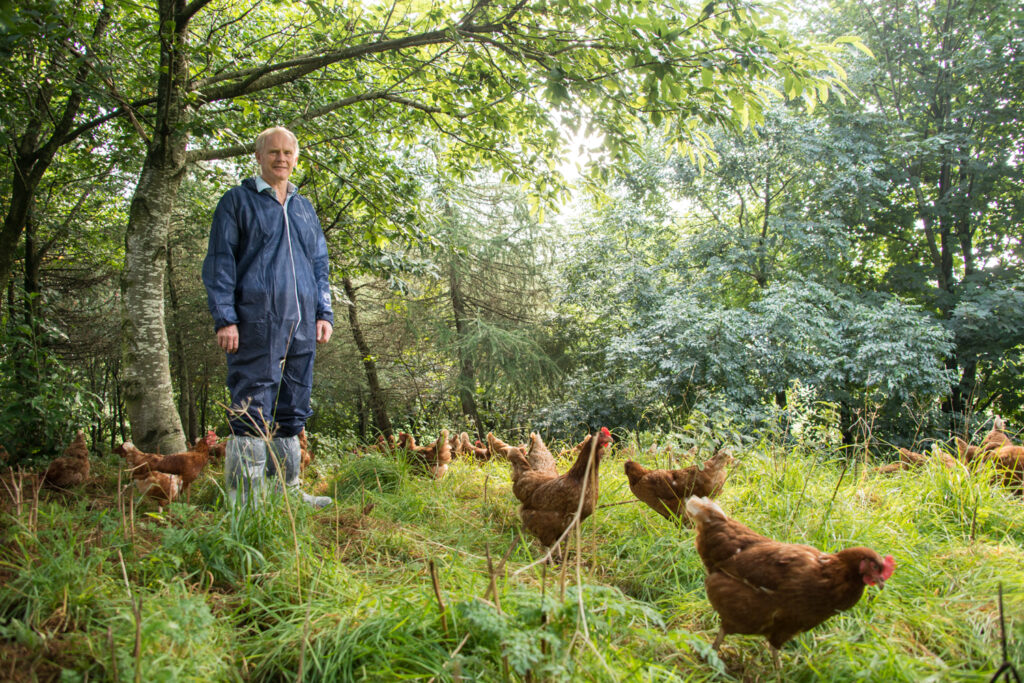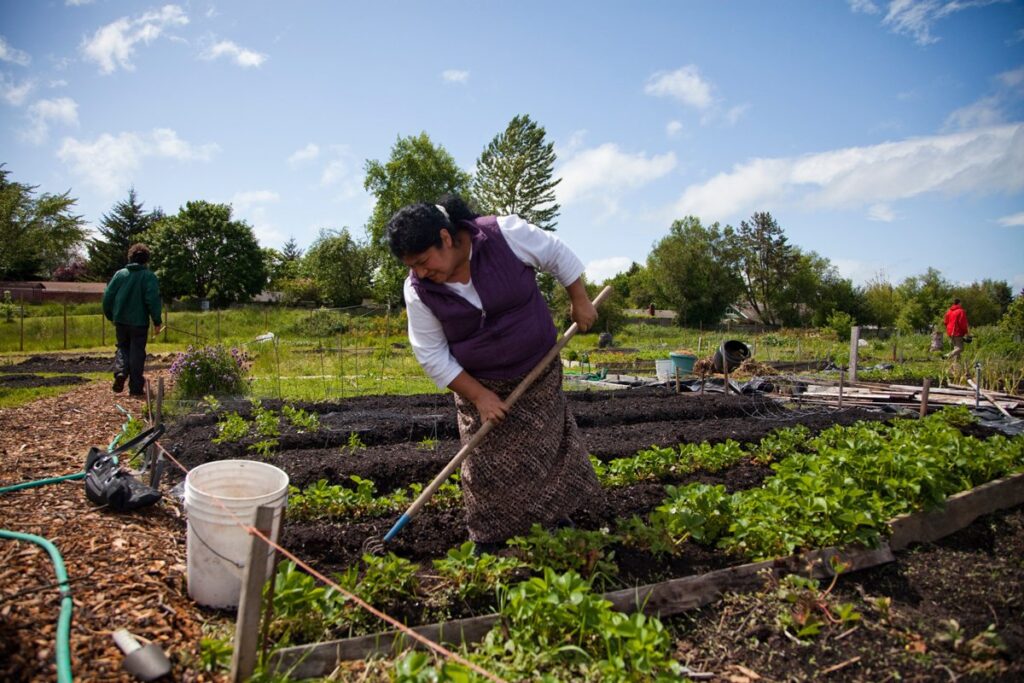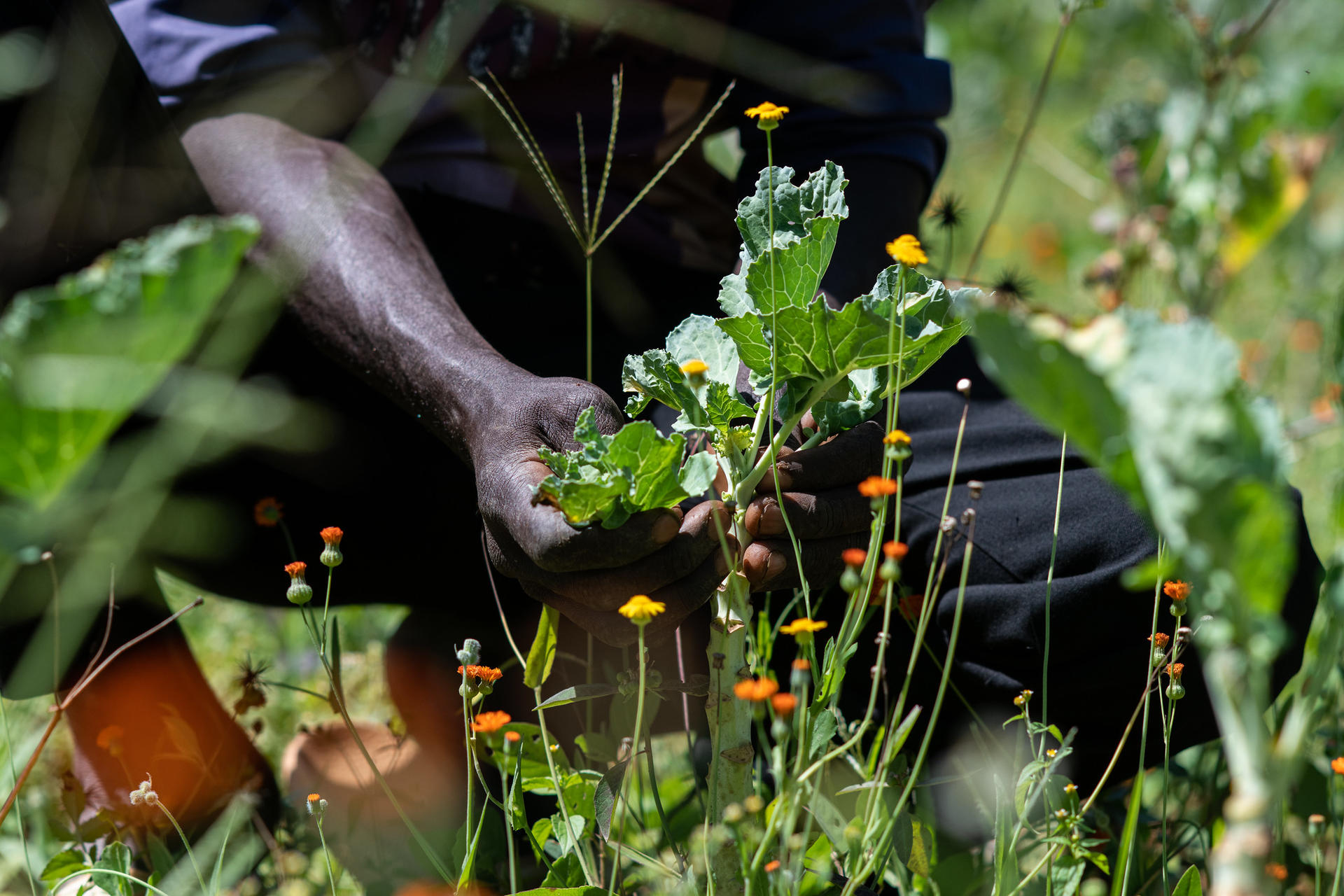Food & Climate
Across the Global South, where the effects of climate change are being felt most acutely, smallholder farmers and grassroots organizations are implementing Agroecology, without waiting COP29’s Negotiation Tables
Agroecology promotes biodiversity, improves soil health, and reduces dependency on chemical inputs, all of which enhance the resilience of agricultural systems to climate impacts and helps decarbonize them, according a report seen by “Food & Climate” platform.
While world leaders talk and officials try to turn decisions into workable policies, local communities are already acting.
Across the Global South, smallholder farmers and grassroots organizations are implementing innovative practices that build resilience to climate shocks, according to Jesus Quintana, Senior Advisor on Sustainable Food Systems and former Director General, CIAT.
Agroecology is gaining traction
In regions like Sub-Saharan Africa and parts of Latin America, agroecology is gaining traction as a powerful tool for both mitigating and adapting to climate change.
This farming approach, which draws on traditional knowledge and emphasizes sustainable, low-emission methods, is helping communities adapt to changing weather patterns while improving food security, according to “IPS News“.
Agroecology represents a transformative approach to agriculture that integrates ecological principles into farming practices, aiming to enhance productivity while maintaining environmental health, according to fundsforNGOs, which is a social enterprise offering knowledge and skills to NGOs, companies and individuals worldwide to improve their resource mobilization processes and enable a sustainable environment.
And fr IFAD, agroecology is an important part of the solution. This is an integrated and holistic approach to transforming food systems. Through it, it’s possible to produce enough diverse and affordable food while conserving and protecting biodiversity and natural resources.

Agroecology empowers small-scale producers, particularly women and youth, as shapers of sustainable food systems. By combining ecological principles, traditional knowledge and modern science, agroecological techniques are environmentally sustainable, socially just and economically viable.
Around 60 per cent of all IFAD projects completed between 2018 and 2023 implemented agroecological practices. Many of these were linked to climate change adaptation and mitigation initiatives.
Lack of adequate financing
One of the most significant barriers to transforming food systems in the face of climate change is the lack of adequate financing.
While COPs have made important commitments, such as the creation of the Green Climate Fund, the flow of funds has been slow and insufficient to meet the needs of vulnerable communities. In response, philanthropy and private finance are stepping in, said Jesus Quintana.
Some patrons and foundations are funding initiatives that help smallholder farmers adapt to climate change, while impact investors are supporting agri-tech innovations that boost productivity in a sustainable way. These efforts, although outside the COP framework, are critical in scaling climate-resilient food systems and achieving global net-zero targets.
While COP29 will no doubt produce important global agreements, the truth is that many of the solutions to the climate crisis—especially when it comes to food—are already in motion. Farmers, local communities, philanthropies and private companies are building a food system that is more resilient, sustainable, and low-carbon.
Global leaders must take notice. Yes, we need ambitious targets and international commitments. But we also need to support and scale the grassroots movements and private-sector innovations that are already leading the way. Real food security in a climate-challenged world will not be achieved through top-down solutions alone—it will come from empowering those on the frontlines.

As COP29 approaches, let’s not lose sight of what is happening beyond the negotiation tables. The future of food security depends on action today, led by those who can’t afford to wait.

